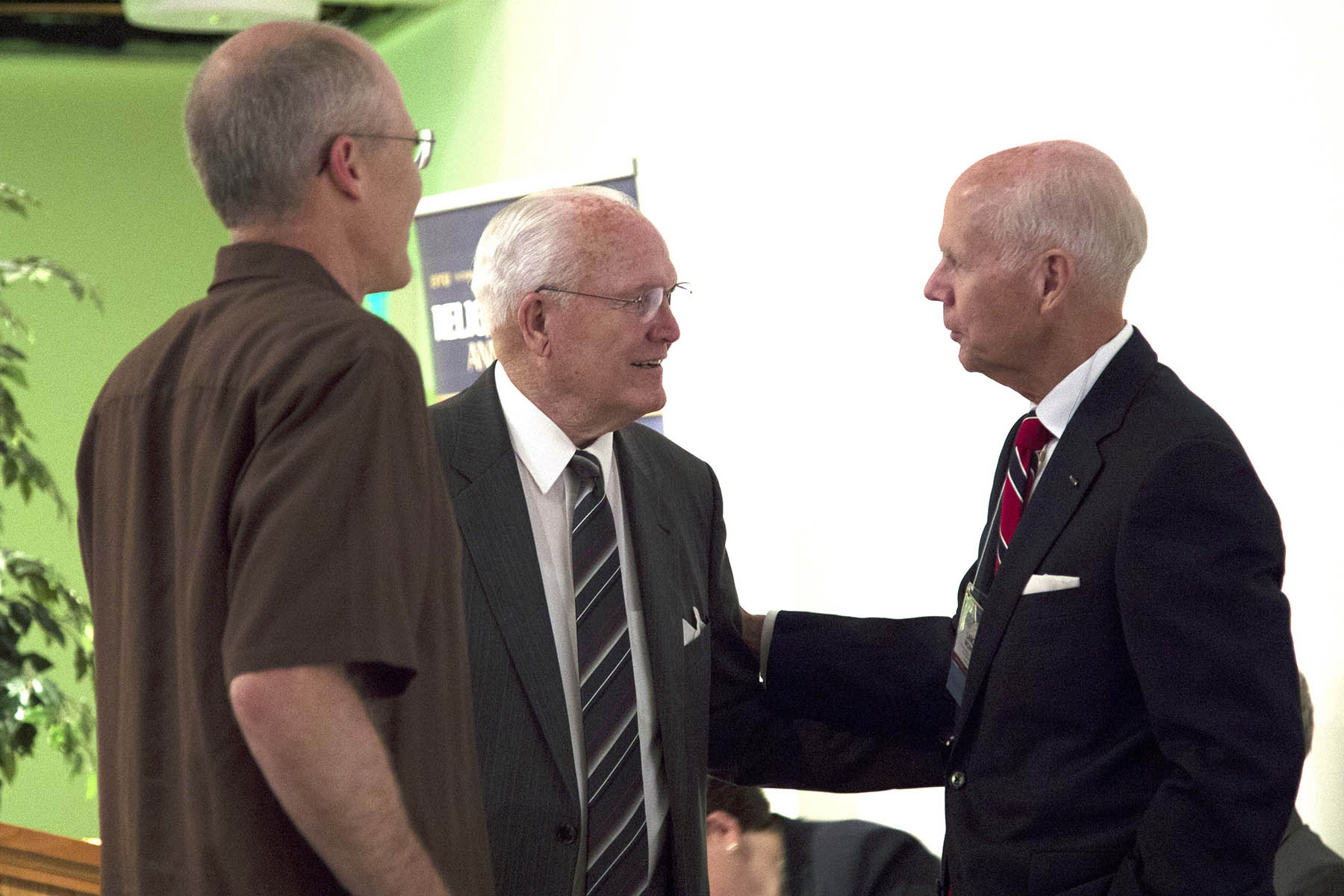Religious Freedom Annual Review 2016 Opening Keynote: Defending Religious Freedom in a Secular Age

by Thomas Palmer
The Religious Freedom Annual Review opened on Thursday, 7 July 2016 with keynote speaker, Elder Lance Wickman, General Counsel, The Church of Jesus Christ of Latter-day Saints, and Emeritus General Authority. His presentation was titled “Defending Religious Freedom in a Secular Age: Fundamental Principles, Practical Priorities, and Fairness for All”.
Elder Wickman began with the premise that religious liberty is the cocoon in which agency survives. However, current threats to religious freedom are very real and are growing rapidly. Elder Wickman quoted a law professor, recently cited in a New York Times article: “If I were a conservative Christian (which I most certainly am not), I would be very reasonably fearful, not just as to tax exemptions but as to a wide range of other programs — fearful that within a generation or so, my religious beliefs would be treated the same way as racist religious beliefs are.” As evidence of this changing atmosphere, Elder Wickman cited a few examples. Although the First Amendment remains in force to protect against outright oppression, it may not protect against subtler forms of discrimination such as unfair zoning that prevent churches from being built.
Elder Wickman advised that as advocates we should be peacemakers; we need to understand which are our core priorities so we may know where to compromise and where to be unyielding. It is not to suggest that freedoms that are not essential should not be advocated for, because they should. But we risk losing essential rights if we are unwilling to compromise in certain issues of less importance. Core freedoms according to Elder Wickman are fundamentally private: freedom of belief, freedom to share your beliefs, freedom of internal affairs of churches, freedom of education, and religious training for children. These freedoms are non-negotiable. Atheists and other non-believers have the same rights as religious people to speak and lobby for their interests. These freedoms are also non-negotiable.
We can’t expect the Supreme Court to turn everything into a right by hearing every case indicated Elder Wickman. Values that are protected in the bill of rights are not banished from the political process. The Constitution was never intended to make us lazy and complacent, but rather it created a framework to make sustainable compromises and advocate for our positions. Elder Wickman urged the audience to become informed about religious freedom issues, learn to speak up with civility, do their individual part to defend religious liberties, and be “an example of the believers.”